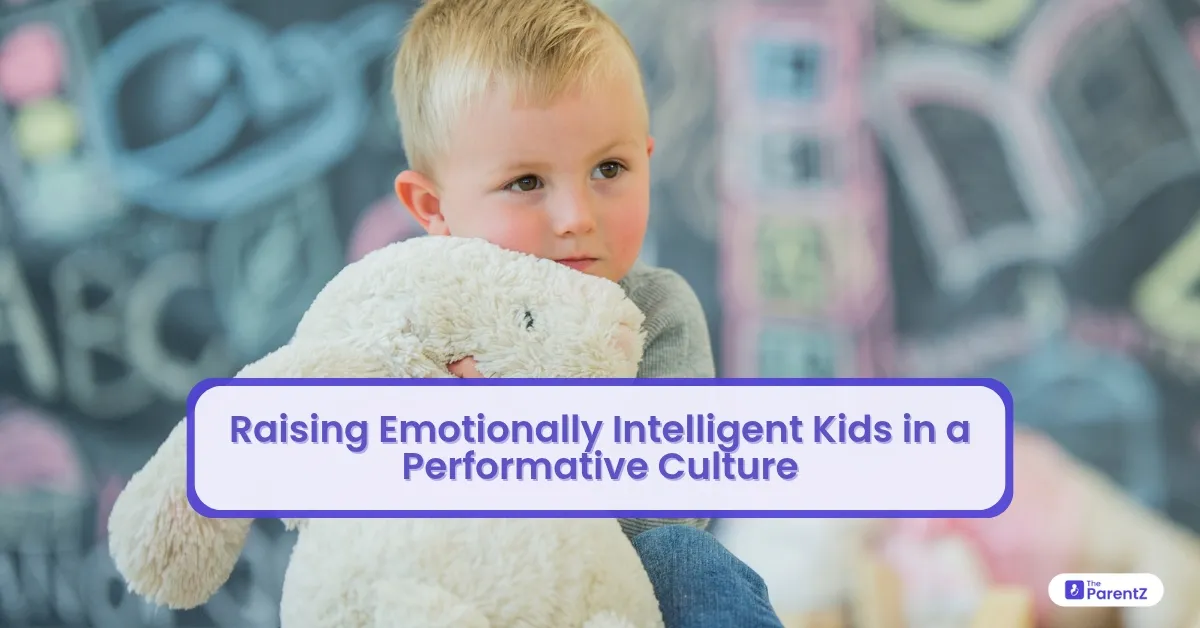We live in a world where likes, shares, and external validation often speak louder than authentic expression. In such a culture, where performative success can overshadow personal growth, raising emotionally intelligent children isn’t just valuable—it’s essential. But how do you nurture emotional depth in kids when society teaches them to polish the surface?
Understanding the Performative Trap
From early school achievements to social media filters, children are exposed to a system that rewards appearance over substance. They’re applauded for being “smart,” “talented,” or “well-behaved,” but rarely taught to name their emotions, question their beliefs, or sit with discomfort. This performative loop can lead to emotional disconnection—kids begin to hide their real feelings in favor of what’s deemed acceptable or impressive.
Emotional Intelligence vs. Emotional Display
Emotional intelligence isn’t about showing feelings—it’s about understanding them. It includes self-awareness, empathy, emotional regulation, and the ability to communicate effectively. But in a culture that often confuses expression with exhibition, many children learn to display rather than process. A sad face for sympathy, a smile for approval—but underneath, confusion and disconnection can grow.
Start at Home: Normalize Feelings
The first and most powerful classroom for emotional intelligence is the home. Parents who model openness about their own emotions—without dramatizing or suppressing them—teach children that all feelings are valid. Naming emotions like disappointment, frustration, or anxiety in daily life opens the door for kids to do the same.
Simple practices can help:
- Instead of “Stop crying,” try “I see you’re upset. Do you want to talk about it?”
- Replace “You’re being too sensitive” with “Let’s figure out what’s bothering you.”
- Encourage questions like “Why do I feel this way?” rather than “What will people think?”
Praise the Process, Not Just Performance
When a child brings home a good grade or performs well in a play, celebrate it—but don’t stop there. Ask how they felt while learning, what challenged them, and what they’re proud of beyond the result. This shift in focus builds self-worth based on effort and emotional insight, not just external outcomes.
Teach Digital Discernment
In an age of curated feeds, helping kids differentiate between real life and online life is crucial. Discuss how social media can distort reality and why comparing oneself to influencers or peers is emotionally draining. Foster curiosity about others’ feelings behind their posts, not just the posts themselves.
Let Them Sit With Discomfort
Part of emotional intelligence is learning that not all problems are fixable in the moment. A child upset after losing a game or facing rejection shouldn’t be rushed to “cheer up.” Instead, teach them it’s okay to feel sad, disappointed, or even angry—and that emotions pass, just like waves. Letting children experience the full spectrum of feelings builds resilience.
Conclusion
Raising emotionally intelligent children in a performative culture requires intention, patience, and presence. It means stepping back from applause-driven parenting and leaning into connection. It’s about nurturing not who they appear to be, but who they truly are—inside, where it matters most.






Be the first one to comment on this story.